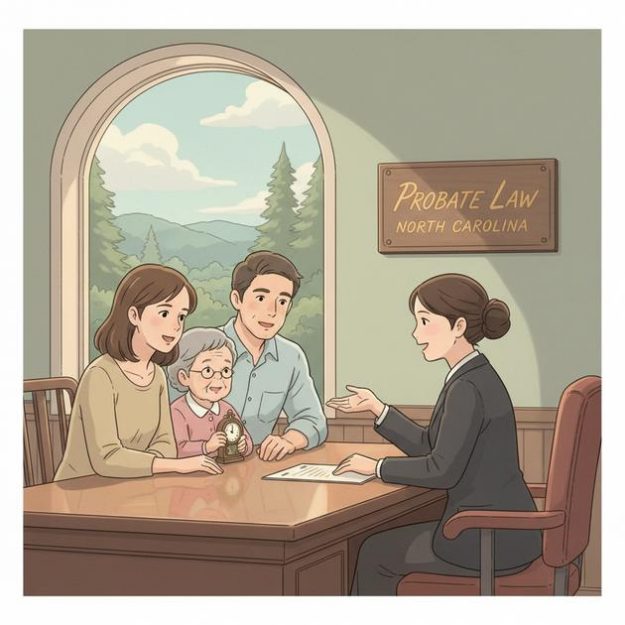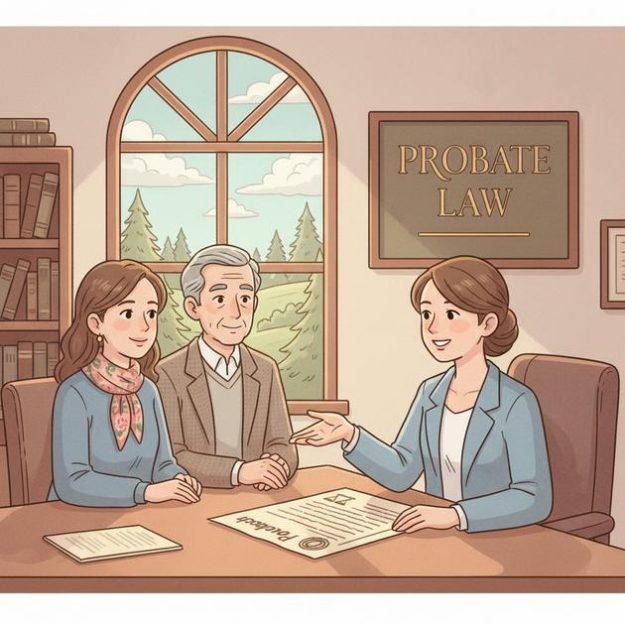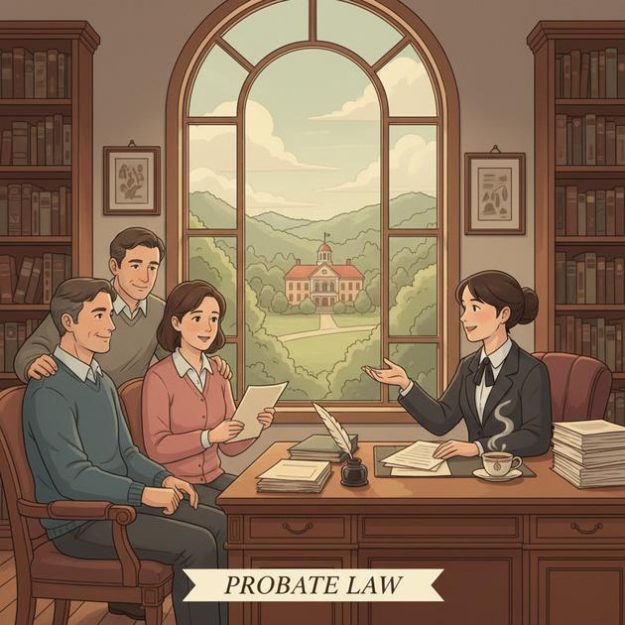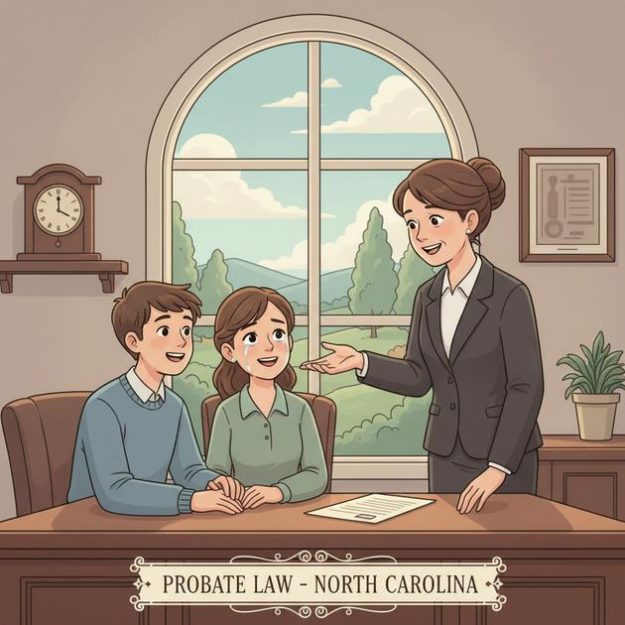Do I have a claim against a notary who notarized a will without witnessing the signature, and is it better to pursue that now or after the probate dispute? NC
Do I have a claim against a notary who notarized a will without witnessing the signature, and is it better to pursue that now or after the probate dispute? – North Carolina Short Answer Potentially, yes—under North Carolina law, a notary generally must have the signer personally appear and either sign in front of the…











